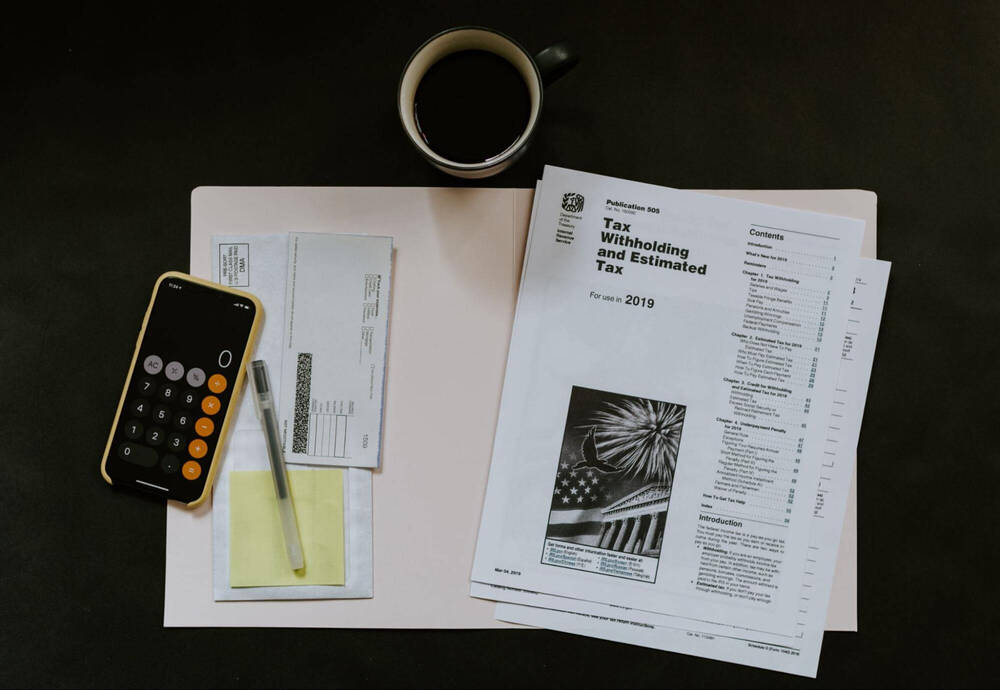How Auditors Document Their Work?
Test Your Knowledge
Check your understanding of this lesson with a short quiz.
Check your understanding of this lesson with a short quiz.
Ask questions about this lesson and get instant answers.
The discipline of preparing well documented, and organizing working papers is equally important for an auditor as the audit itself. In public accounting, GAAS requires the auditor to document all the evidence that supports the audit opinion.
Auditors are to a company's financial health what an annual doctor's visit is to our health. They scrutinize the firm's financial documents before arriving at some conclusions that will be reviewed by others. The guidelines that govern the audit are called the Generally Accepted Auditing Standards, drafted by the Auditing Standards Board of the American Institute of Certified Public Accountants or AICPA. These guidelines ensure Auditors make consistent, verifiable, and accurate checks.
The documentation done by the auditor during the checks is put in a working file. It outlines the audit plan, process, and documents supporting the conclusions in one place. It is very important that auditors document their work thoroughly and use the working file for current scrutiny and future reference.

The key purpose of maintaining a working file by auditors is:
Document evidence for the basis of the auditor's conclusions and if the objectives of the audit were met.
Present evidence that all legal and regulatory standards were met in accordance with GAAS.
Additionally, Auditors maintain working papers for the following reasons.
Assist the engagement team to plan and conduct the audit.
Retain records that have a bearing on the financial future of the company for future audits.
Assist external or peer reviews.
Serve as a reference for work done by previous auditors and as a place to plan and conduct current audits.
GAAS has assigned certain terms with a specific meaning. Let's look at them as they will be used in later explanations.
**Audit file: **All documents pertaining to the assignment are stored in one or more folders in physical or electronic form. The documentation may be organized in 1) Permanent file - information about the organization that has relevance from year to year - and, 2) Current file - have working papers supporting the current period.
Audit documentation: A record of audit procedures, evidence collected, working papers if any, and conclusions.
Documentation completion date: Documents collected no more than 60 days after releasing the report. The file is frozen after this time. All new information is put in the front of the file to maintain the integrity of the audit.
**Report release date: **The date auditor grants the audited firm permission to use the auditor's report.
An experienced auditor understands the legal and regulatory environment of the firm, audit processes, GAAS requirements, and auditing and financial reporting issues.
The Audit working papers are expected to meet certain requirements. Let's review them.
Auditor documentation should happen in a timely fashion as the report begins to take form. The documentation must be clear enough that if new auditor steps in they can clearly understand despite not having any prior information.
The new auditor should be in a position to understand the nature, timing, and scope of the audit procedures in compliance with GAAS and other legal and regulatory requirements. They should be able to understand all conclusions and evidence collected. Significant findings and the conclusions arrived at as a result must be clearly highlighted.
The working file should provide details regarding the characteristics of items tested, who performed the audit and when it was completed, and who reviewed the audit, its scope, and when it was completed. In the event contracts or agreements are part of the evidence, an abstract of the same should be included in the documentation.
Any discussion the auditor has had with the management about their findings must be included. If the auditor found any matter inconsistent with the final conclusion, documentation about how it was addressed must be available.
If for any reason the auditor has to depart from standard reporting procedures, they must document why the departure took place.
Some of the elements of audit documentation are:
Audit plans
Memorandums
Checklists
Letters of confirmation
Correspondence regarding key issues
Organization charts
Client questionnaires
Risk Assessments
Documents supporting basis for risk assessments
System documentation
Audit conclusions

Working file papers are important as they are accessed by several stakeholders like firm partners, second partner, junior auditors, office inspectors, and filers of the firm's documentation. A robust working file enables strong control over the firms' financial reporting.
The working paper file starts with an index that allows for a drill-down that references documents in the file with the balance sheet and income sheet. The financial statements get vouched in the trial balance and the trial balance to the ending balance in the ledger. Accounts in the trial balance are aggregated first and grouped together and they are carried to the financial statements.
Lead schedules are available on each section's title page in the working paper. If a company has 3 bank accounts the working file will contain a lead schedule with supporting papers for each document. This could include bank reconciliation papers, bank statements, and bank confirmation documents.
The procedures conducted on these papers as well as their performance also need to be documented. Small tick marks using a shorthand notation document the work the auditor has completed. Items running from footing to checking extensions made to a cost head, the tick marks indicate that the auditor has gone through it and it has been checked.
The client owns the data in the working file but the working file belongs to the auditor. The auditor can share this information only with the client's written consent as the auditor has a confidentiality obligation to the client.
The working file should be a concise file that supports with clarity the auditor's findings. A fat working file with several documents that more than support the audit process and conclusions may not be the most effective. The working file must be understood by peers and future reviewers in order to be useful.
The lecture covers how an auditor should document their work. Those of you working in industry should pay attention to some of these practices.